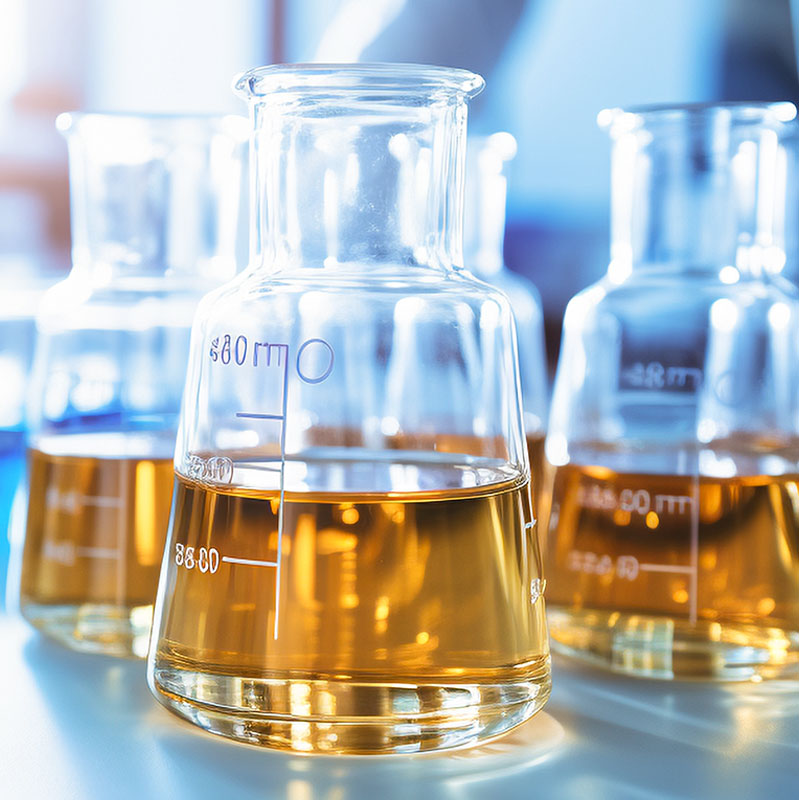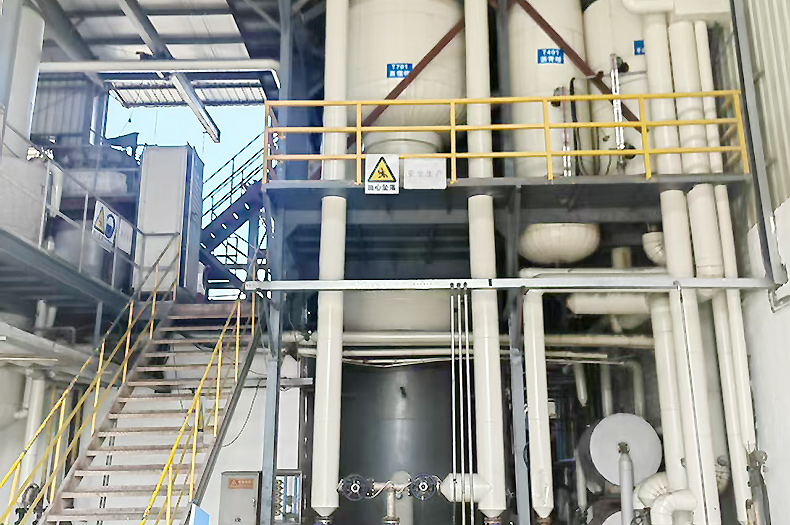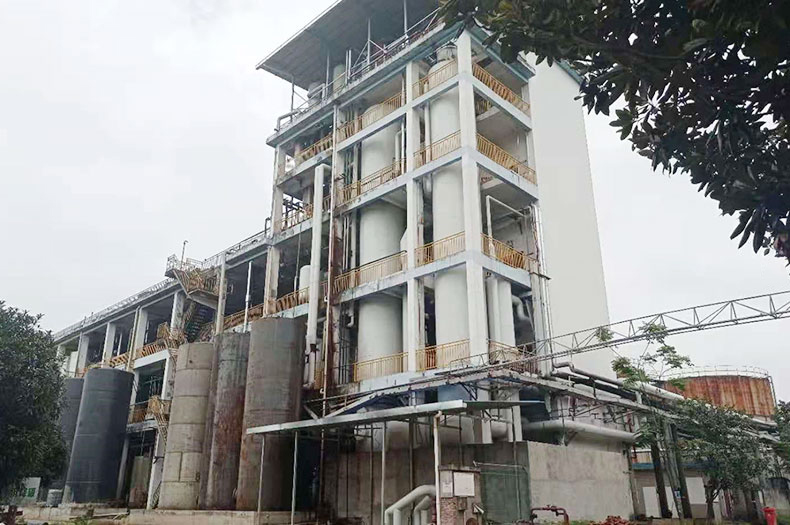Mainstream technology

The main problem that hindered the early promotion of biological enzyme methods was the high cost of enzyme preparations and strict selection of raw materials. However, after years of development, the cost of enzyme preparations has now been reduced to an affordable range and can be applied to most waste oils and fats. With the gradual expansion of enzyme production scale, enzyme preparations will be more cost-effective in the future.
Own technology
In order to better meet the needs of improving the safety, environmental protection, and cost-effectiveness of biodiesel production processes, while considering the actual quality of waste oil, the company has independently developed a new biodiesel synthesis process that combines biological enzymes and fixed metal catalytic bed technology. This process not only demonstrates significant advantages such as high stability, continuous and controllable operation, and simplified process, but also mee


Own process advantage
00 
low cost
Recycling of auxiliary materials and catalysts

00 
high added value
High quality by-products with high market value

00 
High production rate
Unique process technology
Can increase oil yield to 97%

00 
High degree of automation
All DCS automation control

00 
environment protection
Low pollution water production and recycling

00 
security
Low temperature and pressure, mild reaction


 ZN
ZN
 EN
EN

